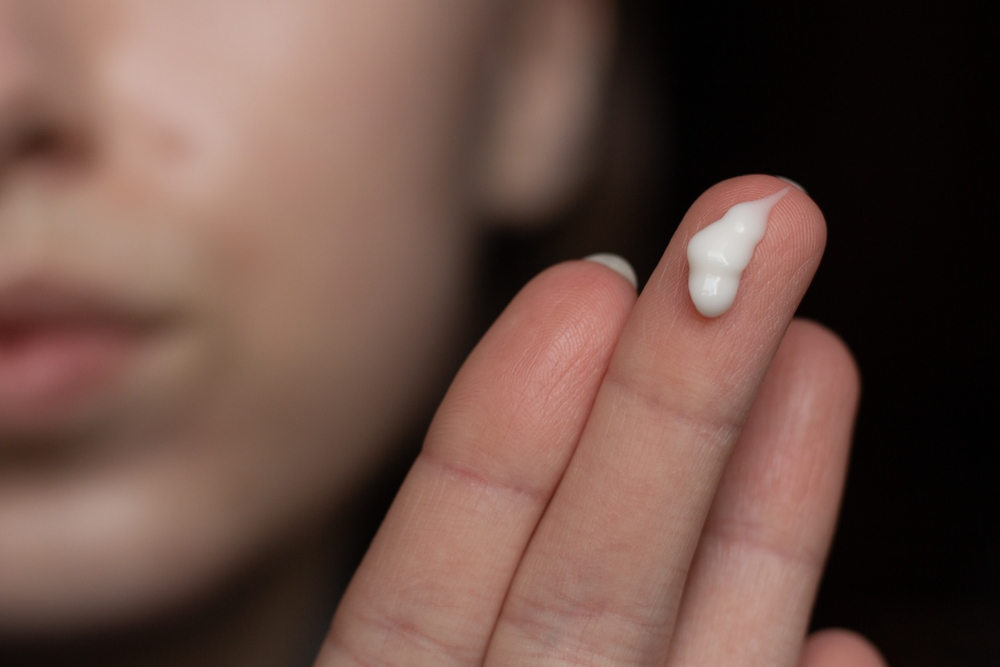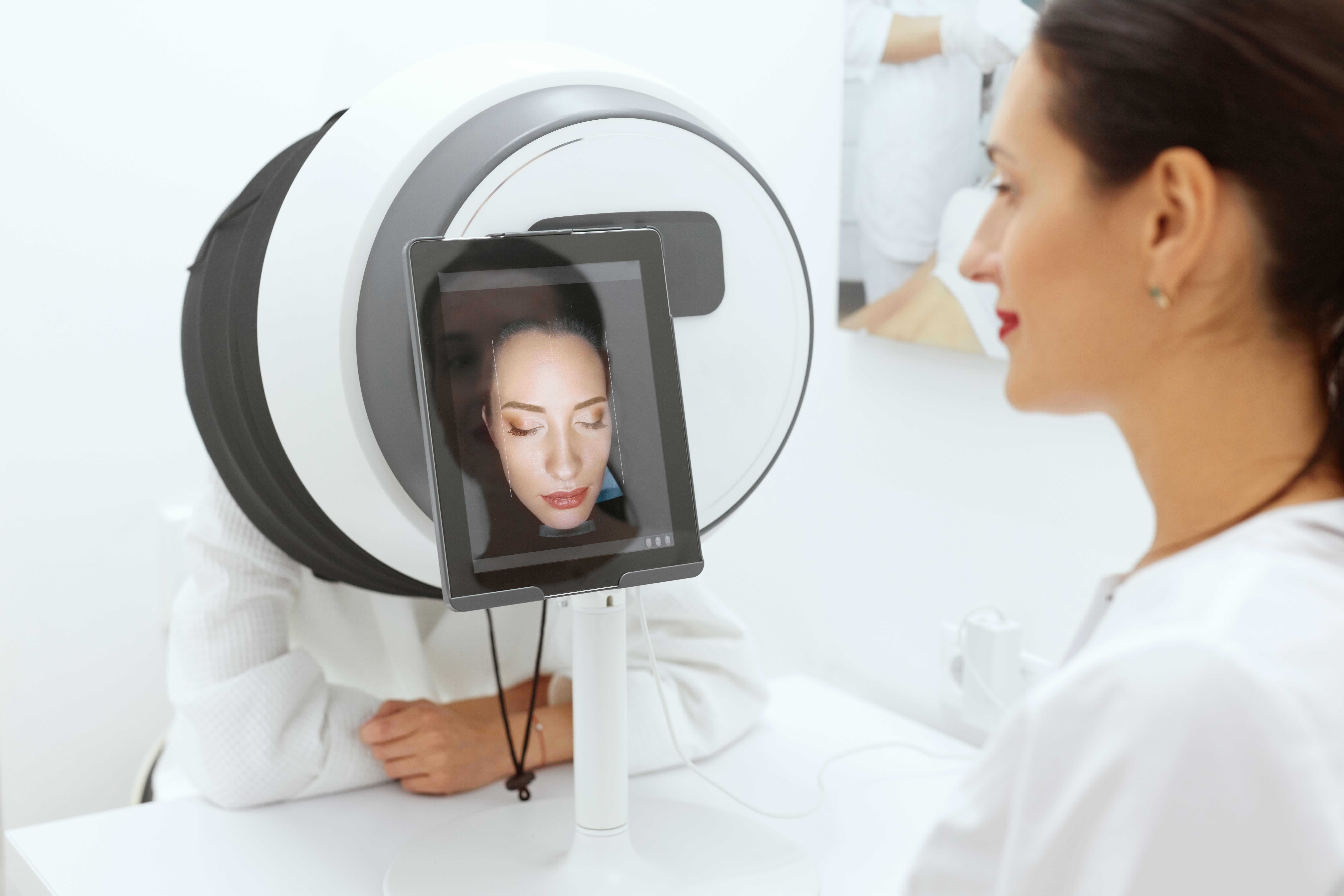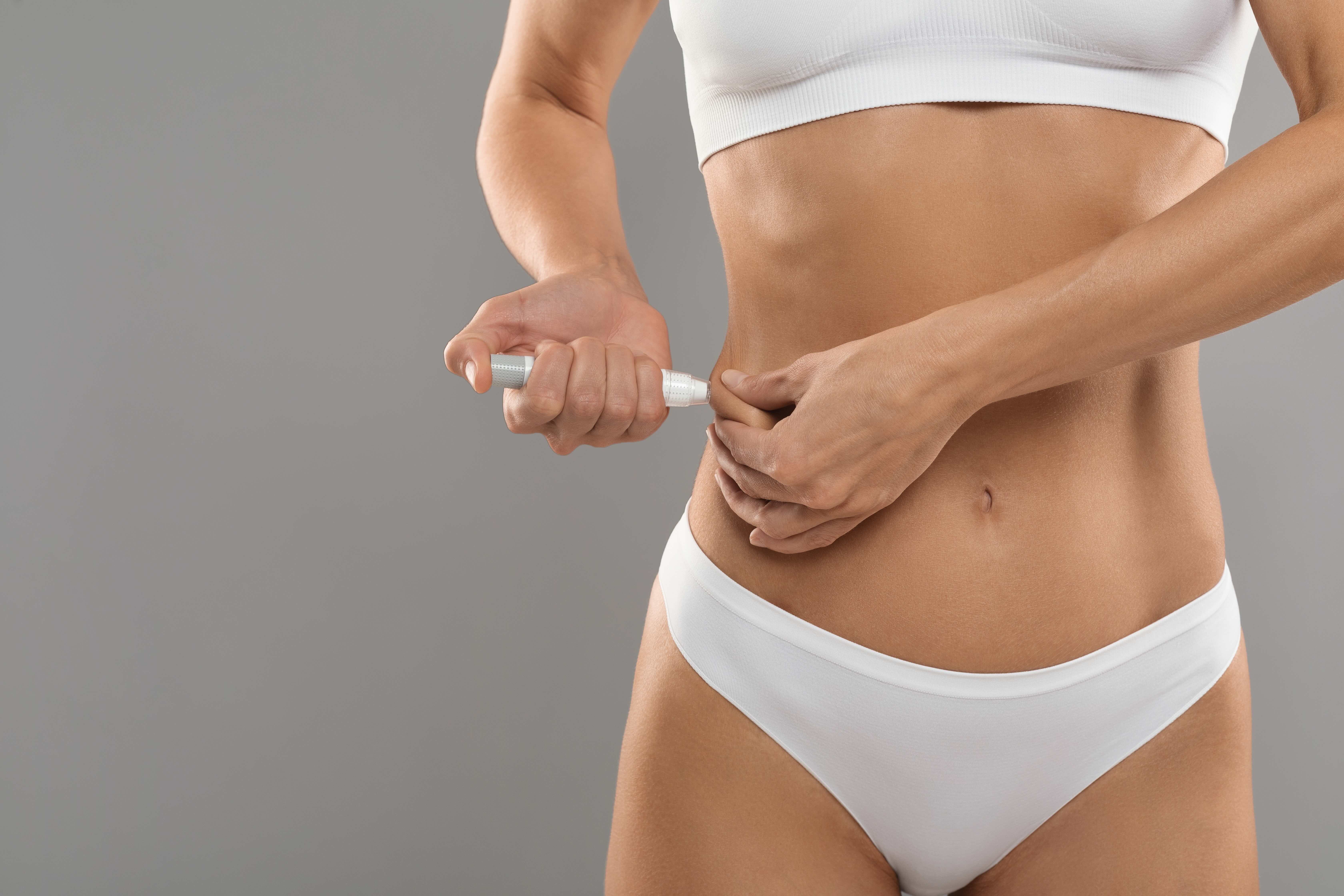The MHRA has amended measures to strengthen the safe use of the acne drug isotretinoin for patients across the UK, following a patient-focused expert review.
On October 31, 2025, the UK Medicines and Healthcare products Regulatory Agency (MHRA) introduced several regulatory changes to strengthen the safe use of isotretinoin, the acne medicine commonly known by brand names Roaccutane and Reticutan.
These include additional safeguards when prescribing isotretinoin to patients under 18 years old, along with closer monitoring of a patient’s mental health and sexual wellbeing during treatment.
Following a review, the MHRA released a statement on January 22, 2026, stating that the implemented safety measures are working well. However, the requirement for treatment of young people under 18 to be agreed by two-prescribers was found to be causing potential delays.
Therefore, the Commission of Human Medicines (CHM) has recommended that healthcare professionals can prescribe isotretinoin to under-18s without seeking the agreement of a second prescriber.
Isotretinoin is an effective treatment for severe acne or when there is a risk of permanent scarring and should only be used when other treatments have not been effective.
While it has helped many patients with their severe acne, improving their skin and their overall wellbeing, patients and members of the public have raised concerns about suspected psychiatric (mental health) and sexual side effects.
“Isotretinoin is an effective treatment that should only be used for acne that is severe or at risk of causing permanent scarring and when other treatments have not been effective, said Dr Alison Cave, MHRA chief safety officer in a statement.
“Like all medicines, isotretinoin may be associated with potential side effects. For isotretinoin, there may be possible impacts on mental health and sexual function.”
In response to these concerns, a patient-focused independent expert review of suspected mental health and sexual side effects of isotretinoin has been carried out, leading to new safety measures introduced.
The safety review considered all the available evidence, including information from patients and their families, and concluded that the gaps in the available evidence meant that it was not possible to say that isotretinoin definitely caused many of the short-term or long-term psychiatric and sexual side effects. However, the individual experiences of patients and families continue to cause concern.
It recommended that action should be taken to make sure patients are made aware of these potential risks, that they are carefully monitored during treatment, and that for patients under the age of 18 there are additional safeguards on isotretinoin prescribing.
The new safety measures, developed with input from patients and healthcare organisations, have been introduced to ensure that patients across the UK are better informed to make decisions about their treatment and so that they receive appropriate care and monitoring throughout treatment.
Updated safety measures for isotretinoin
Additional oversight for patients under 18: It was originally ruled that for patients aged 12 to 18 years old, a second healthcare professional, in addition to a specialist in dermatology who acts as the Lead Prescriber, must independently assess the patient and determine whether isotretinoin is the only appropriate effective treatment. However the recent updates have recommended that that healthcare professionals can prescribe isotretinoin to under-18s without seeking the agreement of a second prescriber. This decision was made after the review found that the additional assessment was found to be causing potential delays in access to treatment for some under-18s. Patients can still request a second opinion from another prescriber if they want to be reassured that isotretinoin is the best treatment for them.
Better information on potential risks: patients will receive more detailed information about the potential risks of isotretinoin, alongside its benefits.
The product information will be updated to state that healthcare professionals must counsel patients and their families on the risk of psychiatric and sexual side effects. Potential sexual side effects will be listed. Patients and their families must have sufficient time to consider this information and be able to ask questions before starting treatment.
Improved monitoring and assessment of mental health and sexual wellbeing: all patients will have in-person assessments of their mental and sexual health before starting treatment with isotretinoin. They will also be monitored for side effects, including mental health and sexual function side effects, at each follow up appointment. New resources for healthcare professionals have been developed to support the appropriate monitoring of patients.
The MHRA also reminded that isotretinoin can seriously harm an unborn baby and so can only be prescribed to female patients under a strict Pregnancy Prevention Programme.
Industry response to the new isotretinoin rules
The Commission on Human Medicine’s Isotretinoin Implementation Expert Advisory Working Group, composed of experts from fields including dermatology, general practice, and psychiatry, has advised the MHRA on the introduction of the new measures.
The MHRA worked closely with this group to develop new guidance on the prescribing of isotretinoin, including information about the healthcare professionals who are able to prescribe and treat patients who require isotretinoin treatment.
“While not every patient will experience [side effects], the new measures will ensure that patients are well informed, that they are carefully monitored throughout treatment, and that there is additional oversight on isotretinoin prescribing for patients under 18,” added Dr Cave.
“I welcome the new measures from the MHRA to strengthen the safe use of isotretinoin, commonly known by brand names Roaccutane and Reticutan, and used to treat severe acne. This guidance follows a patient-focused independent expert review of suspected mental health and sexual side-effects,” said Dr Henrietta Hughes, Patient Safety Commissioner.
“The new measures will help to keep patients who are prescribed the drug safe and reduce the occurrence of potential severe side-effects.”
The recent updates "will ensure patients who need isotretinoin for the treatment of severe acne are able to access it when it is needed, while ensuring that robust oversight of patient safety remains in place throughout treatment and that patients are well informed of the risks before starting treatment," shares Dr Cave.
"Severe acne can have a significant impact on a patient’s mental wellbeing and can lead to permanent scarring. For these individuals, isotretinoin may be the only effective treatment option. That’s why it’s important patients can access this treatment both safely, and in a timely manner."
“We welcome the Commission on Human Medicines’ (CHM) updated guidance on isotretinoin prescribing," says Elizabeth Philp, Founder of Compounding Pharmacy, Roseway Labs. "As a regulated pharmacy provider, patient safety is our number one priority, and we remain committed to working alongside organisations such as the CHM, Medicines and Healthcare products Regulatory Agency (MHRA) and other healthcare professionals to uphold best practice, safeguard patients, and contribute to safe and compliant isotretinoin prescribing across all age groups.”
“It is essential that young people and their families have access to the full information on the potential risks and benefits of isotretinoin for the treatment of acne when deciding whether to take it,” added Anna Rossiter, Medicines for Children Programme Manager at the Royal College of Paediatrics and Child Health.
“Healthcare professionals involved in the treatment of patients with acne, particularly prescribers of isotretinoin, should thoroughly review the complete requirements detailed in the Drug Safety Update and final report.”
You might also like to read... ASA bans LED face mask adverts over acne and rosacea treatment claims



